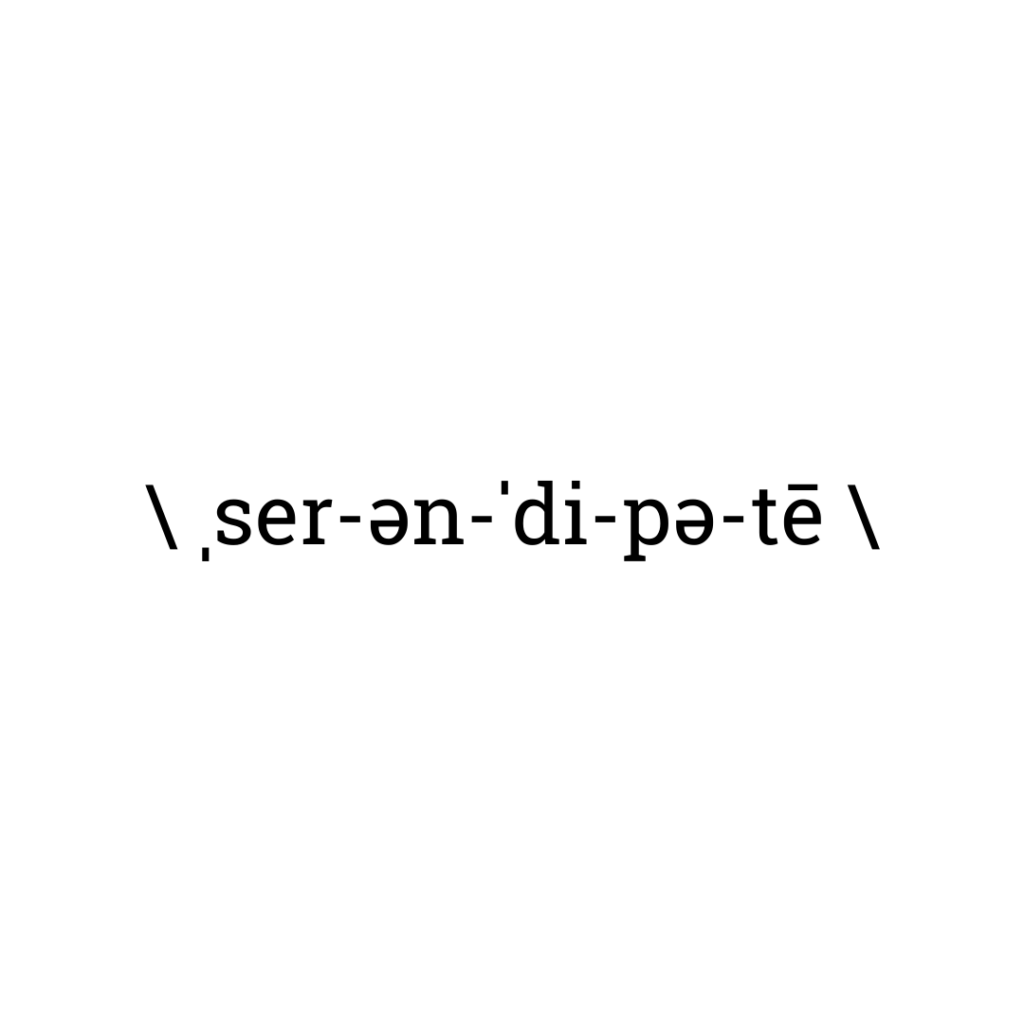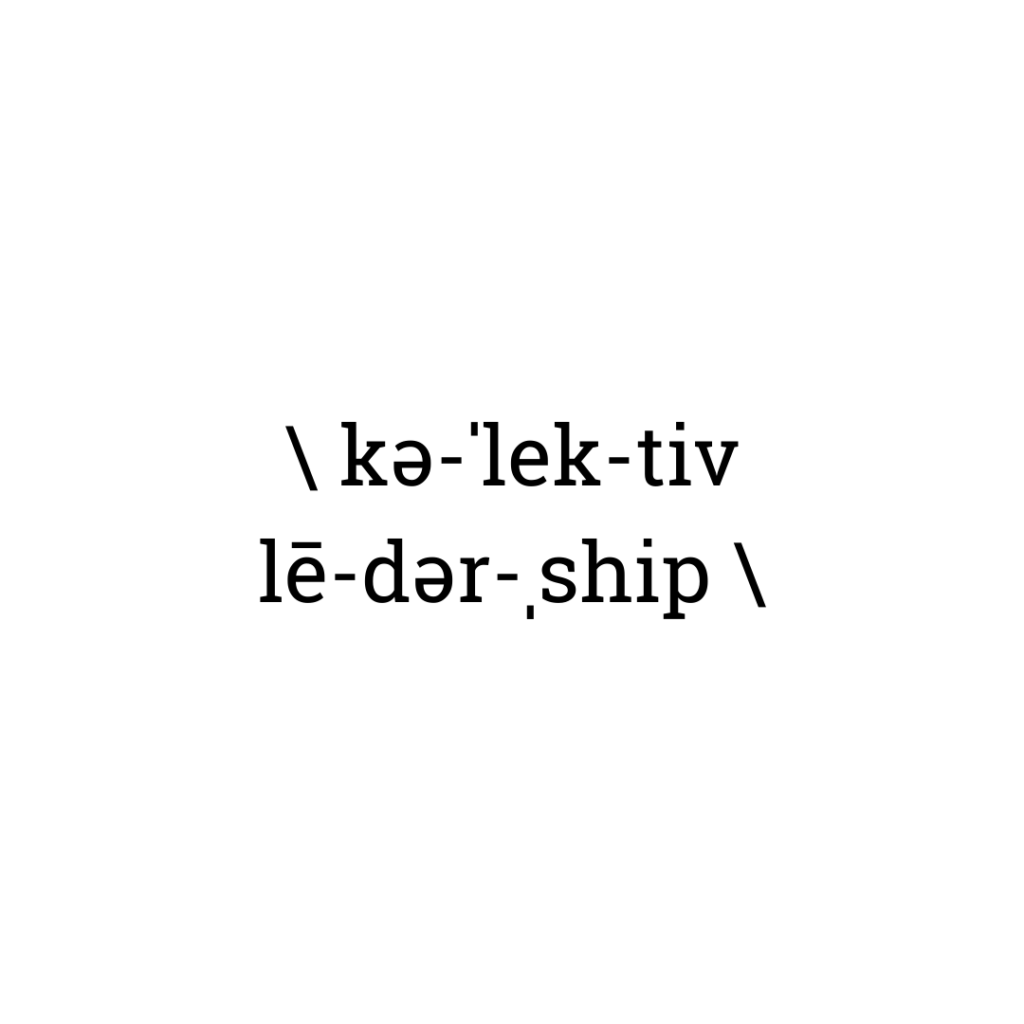SERENDIPITY
\ ˌser-ən-ˈdi-pə-tē \
A DEFINITION:
According to a British translation company, serendipity is one of the ten most difficult English words to translate. Nevertheless (or perhaps for this very reason), it was voted the UK’s most popular word, beating Harry Potter’s Quidditch into second place.
The word serendipity was first used by Horace Walpole in 1754, when he explained an unexpected discovery to a friend with reference to the old Persian fairy tale The Three Princes of Serendip (aka Ceylon). The princes, Walpole wrote, were “always making discoveries, by accidents and sagacity, of things which they were not in quest of.” In other words, they were looking for one thing and found something even better. The rest of the story isn’t worth telling. British peculiarities or not, today’s relevance is what’s worth looking at.
The Cambridge Dictionary defines serendipity as “the fact of finding interesting or valuable things by chance.” I see it more as the art of stumbling into something where you least expect it. Like getting lost and finding the place you always wanted to live in. This only happens if you let it occur. The Tale of Serendip can teach us a lot about the importance of randomness and how innovation actually works. Really great ideas don’t follow a master plan.
Serendipity in Innovation (THE 5P’s of Artful Discovery)
Approach 1: PLAYFUL INNOVATION
Building Innovative Strength Through Playfulness
Approach 2: PURPOSEFUL INNOVATION
Embracing The Question Why We Should Innovate
Approach 3: PIVOTAL INNOVATION
Embracing The Radical New Through Emergent Innovation
Approach 4: PERSISTENT INNOVATION
Creating Innovative Mental Models Through Multidisciplinarity
Approach 5: PROSPECTIVE INNOVATION
Imagining Possible Futures w/ or w/o Technology
Open the FLEXICON and discover more key principles of transformation.






